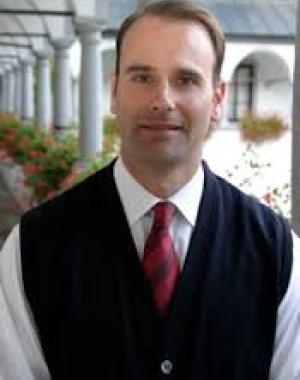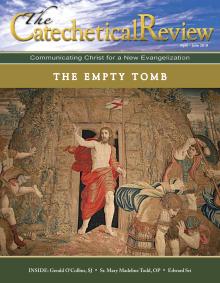Since its initial presentation almost forty years ago, Pope St. John Paul II’s catechesis Man and Woman He Created Them (henceforth “Theology of the Body” or TOB) has borne inestimable fruits in the personal faith lives of countless men and women, in the life of the Church and its theology, and in the world at large. In my own work, I have seen firsthand just how transformative the TOB vision of sex, love, marriage, human personhood, and the mystery of redemption in Christ can be for those answering Christ’s call to discipleship. So much good has come from St. John Paul II’s gift to the Church that I think we can rightly stand in awe of all that God has been able to accomplish by way of this singular catechesis.
At the same time, I realize, like so many others, that we are still just tapping into the full potential of TOB and that important elements of the catechesis have yet to make their full impact.
One of those underdeveloped elements is what St. John Paul II refers to as “an anthropology of the resurrection,” which he describes as having “key meaning for the formation of our theological anthropology as a whole” (TOB 66:6).[MOU1] In saying this, St. John Paul II teaches us that the truth of the resurrection and the glorified state of humanity in heaven are decisive for our self-understanding and for understanding how God is working in us already in this life. Rather than being merely something that we celebrate at Easter and in our other liturgies, or merely something we look forward to in the next life, the resurrection is a truth of our faith that has great significance for our daily lives in the here and now.
To help us bring the relevance of the resurrection into our daily lives, St. John Paul II encourages us to cultivate “the hope of everyday” (TOB 86:6-8), which extends our hope in the resurrection of the dead in the future world of heaven into an expectation that the saving power of God will begin to conquer the death of sin and give us a newness of life in Jesus Christ already in this world. Simply put, hope enables us to grasp that if God can raise a corpse to everlasting life in him in heaven, then God can even make sinners like us holy in this life. The hope of everyday essentially means being convinced that he is going to do both.
The rest of this online article is available for current Guild members.
This article is from The Catechetical Review (Online Edition ISSN 2379-6324) and may be copied for catechetical purposes only. It may not be reprinted in another published work without the permission of The Catechetical Review by contacting [email protected]


















